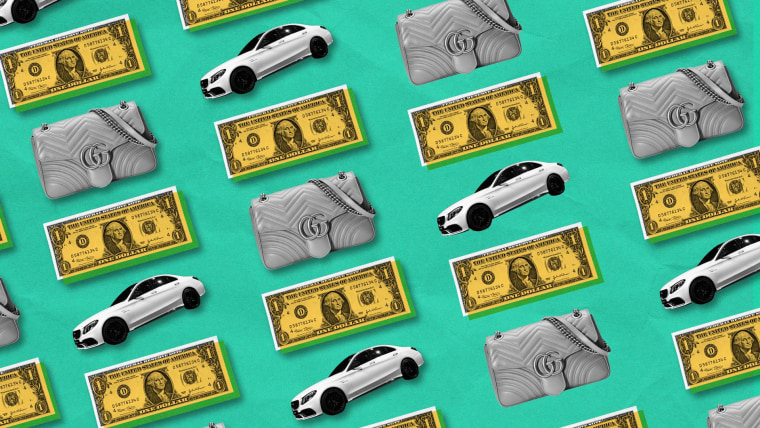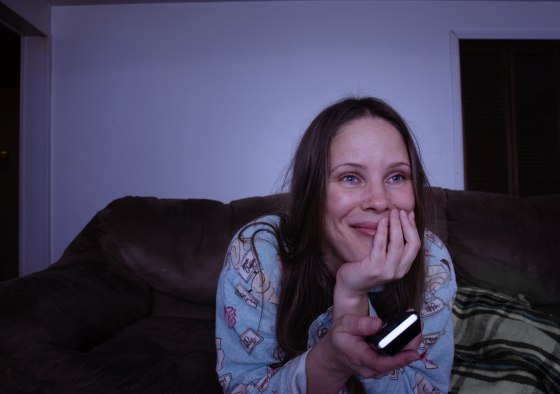Take a bow, skinny soy latte. Your time as budget-crusher is up.
Unconscious spending is the next Starbucks-like personal finance cliché, says Chris Kampitsis, a certified financial planner at the Barnum Financial Group in Elmsford, New York.
“An overuse or overreliance on subscriptions, everything from Netflix to different delivery services, like monthly boxes, all adds up, ” Kampitsis said.
If there’s one spending habit people should really scrutinize, he said, it’s auto-spending, which can cost you a fortune without you even realizing it.
The last few years have seen an explosion of monthly subscriptions — rather than flat, one-time fees.
Many people don’t look closely at their credit card statements, so it can be easy to overlook the itemized costs.
“Suddenly you can be paying hundreds a month for services, ” Kampitsis said. “Can you justify their cost?”
‘How did that happen?’
It’s easy to add the services when many are under $10 a month. And when the price goes up — Netflix raised its rates again in January — people are likelier to keep subscribing than they are to cancel.
Jason Williams, 38, of Abilene, Texas, ditched cable four years ago, but then picked up several streaming services, including Netflix, Hulu and Amazon Prime. “They’re all kind of on automatic,” he said. “We don’t even think about it.”
Some of the accounts he shares with his wife even duplicate one another — Williams has Spotify and his wife pays for Pandora Premium.
“It might be a wash, but I think we use the subscription services more than we used the cable,” said Williams, an officer with the U.S. Air Force.
The services bring a lot of happiness, he says, but it’s easily $300 a month. “How did that happen?”
‘No cable? Sure. But hands off my Netflix’
People aren’t that thrilled about the idea of giving up streaming services.
In the Invest in You Spending Survey from CNBC and Acorns, conducted by SurveyMonkey in June, people were much more willing to give up takeout food (52%) or cable (44%). People were also OK with cutting down their spending on restaurant meals and coffee.
Yet when it came to streaming services like Netflix and Hulu, the numbers tightened, to 34%. Even Amazon Prime was seen as more expendable.
Make a game of turning your recurring spending into recurring saving, or recurring investing.
Paring down
Ditching even just one or two subscriptions can make a profound difference over a year.
Have a deep conversation with yourself about which subscriptions you enjoy the most — and which ones you don’t. “Something you used to use — maybe you’re no longer as engaged in,” Kampitsis said. “Maybe swap out something you’ve been paying for, for something you’d like to try.”
Most important, sit down and add up your monthly cost for recurring purchases.
Next, determine what percentage of your net income actually goes toward those purchases. The amount may surprise you.
On average, people spend about twice what they actually think they do on monthly services.

The savings game
Once you identify the amount you’re spending on recurring purchases, make a game out of reducing it. Then, save or invest that new found money.
“Make a game of turning your recurring spending into recurring saving, or recurring investing,” Kampitsis said. “Instead of having a debt or an expense every month, now you’re building an asset.”
If you can convert subscription spending to subscription saving, you can really make a difference in your financial future. Incremental changes are easier, Kampitsis says. For instance, if you don’t ever bring lunch to work, start by prepping your lunch on Sunday night, the easiest way to do it before the week starts. “That’s 52 savings opportunities over a year,” he said. “Eventually you can make it Monday and Tuesday by prepping two meals on a Sunday.”
Rideshare app users can switch to Via or Uber Pool instead of Uber X. In Manhattan, this can save you as much as 40% or 50%. Using mass transit will also save money.
Set regular appointments to check your goals and progress. Kampitsis recommends using an actual calendar and setting specific dates. “Review your habits, your cash flow,” he said. “Otherwise, you’re not going to be able to identify when things are getting off track, in order to rein things back in.”
Disclosure: Invest in You: Ready. Set. Grow. is a financial wellness and education initiative from CNBC and Acorns, the micro-investing app. NBCUniversal and Comcast Ventures are investors in Acorns.
MORE FROM BETTER
- Want to get out of debt and save money? Try the 50/20/30 rule
- How to budget (and get out of debt) if you live paycheck-to-paycheck
- How to create an emergency fund in just 90 days
- Smart financial planning strategies to borrow from women and millennials
Want more tips like these? NBC News BETTER is obsessed with finding easier, healthier and smarter ways to live. Sign up for our newsletter and follow us on Facebook, Twitter and Instagram.

